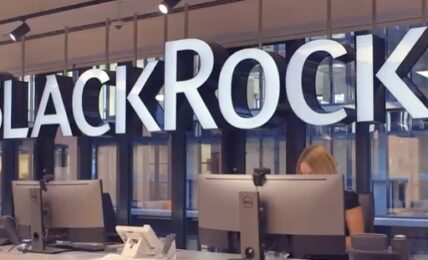The European Financial Reporting Advisory Group (EFRAG) announced the release of new exposure drafts containing proposed sustainability reporting standards for small and medium enterprises, marking the next step in the establishment of a new sustainability reporting system in Europe under the EU’s Corporate Sustainability Reporting Directive (CSRD).
The CSRD is aimed as a major update to the 2014 Non-Financial Reporting Directive (NFRD), the previous EU sustainability reporting framework, significantly expanding the number of companies required to provide sustainability disclosures to over 50,000 from around 12,000, and introducing more detailed reporting requirements on company impacts on the environment, human rights and social standards and sustainability-related risk.
The CSRD took effect from the beginning of 2024 for large public-interest companies with over 500 employees, followed by companies with more than 250 employees or €40 million in revenue in 2025, and listed SMEs in 2026.
EFRAG, a private association majority financed by the EU, was mandated by the European Commission in June 2020 to prepare for new EU sustainability reporting standards (ESRS), including for SMEs which are public-interest entities, or those with securities traded in the EU. The organization was also asked to develop voluntary sustainability reporting standards for non-listed SMEs. The new exposure drafts include standards for both public interest SMEs (ESRS LSME) and the voluntary standards for other SMEs (VSME).
The new standards for public interest SMEs are composed of general sections covering general requirements, general disclosures, and policies, actions and targets, as well as sections detailing metrics for environment, social and business conduct. Examples of required environmental disclosures include information energy consumption and mix, Scope 1, 2 and 3 emissions, information on GHG removals financed through carbon credits, anticipated financial effects from physical and transition climate risks, as well as information on pollution, microplastics, water consumption and biodiversity impacts.
According to EFRAG, the purposes of the mandated sustainability standards include supporting SMEs in getting better access to financing, in addition to enabling availability of standardized sustainability information.
Patrick de Cambourg, the EFRAG Sustainability Reporting Board Chair, said:
“SMEs are a crucial part of the European economy. After the completion of the ESRS for large undertakings, EFRAG releases today these two proposed standards to support SMEs in being part of the transition to a more sustainable economy, getting appropriate access to finance and reducing the burden of dealing with uncoordinated data-requests while preparing decisions-useful information for all.”
The new voluntary reporting standards for non-listed SMEs is also aimed at supporting businesses in accessing sustainable finance, and was designed as “a simple reporting tool to assist non-listed micro-, small- and medium-sized enterprises (non-listed SMEs) in responding to requests for sustainability information that they receive from business counterparts,” such as banks, investors, and larger companies for which the SMEs act as suppliers with standardized ESG information.
Alongside the release of the new draft standards, EFRAG announced the launch on a consultation of the exposure drafts, which will be open until May 21, 2024.
Chiara Del Prete, the EFRAG Sustainability Reporting TEG Chair, said:
“These two EDs respond to an effort to develop a set of sustainability information that is at the same time proportionate to SMEs and able to support the provision of the information that we already see – and more and more expect to see – requested by business counterparties. For the success of our voluntary standard for non-listed SMEs, market acceptance will be key. We expect this consultation to help us in the finalization of standards that will be able to meet the expectations of all interested parties.”
Click here to access the new SME sustainability reporting standards.


